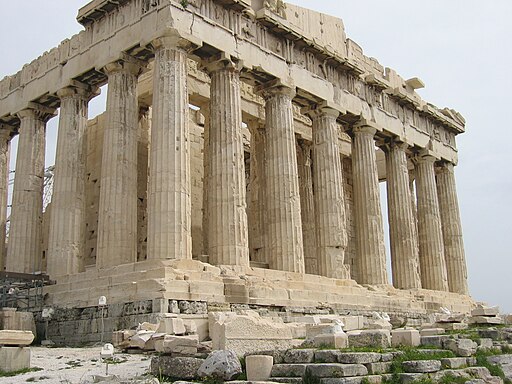
History is full of strange contradictions. For example, imagine calling your city-state a democracy – and then getting slaves to do all the work.
The ancient Athenians are often praised for their contributions to the modern world, and yet in the midst of that seemingly free-thinking, creative society there were thousands of slaves.
At the site below there are some descriptions of Athens’ famous democratic system. Yet this system was strangely limited: while some people could vote and influence decisions, others had no say at all.
The questions below will help you to find out a few more details about this city full of contrasts.
Kind regards from Ms Green
http://www.bbc.co.uk/schools/primaryhistory/ancient_greeks/athens/
Click on “People Power”:
1. Which three groups of people in Athens were not included in the “democratic” system?
Click on “Slaves”:
2. How many people lived in Athens when the city was at its largest? How many of those people were slaves?
3. How did people become slaves?
4. What kind of work did slaves do?